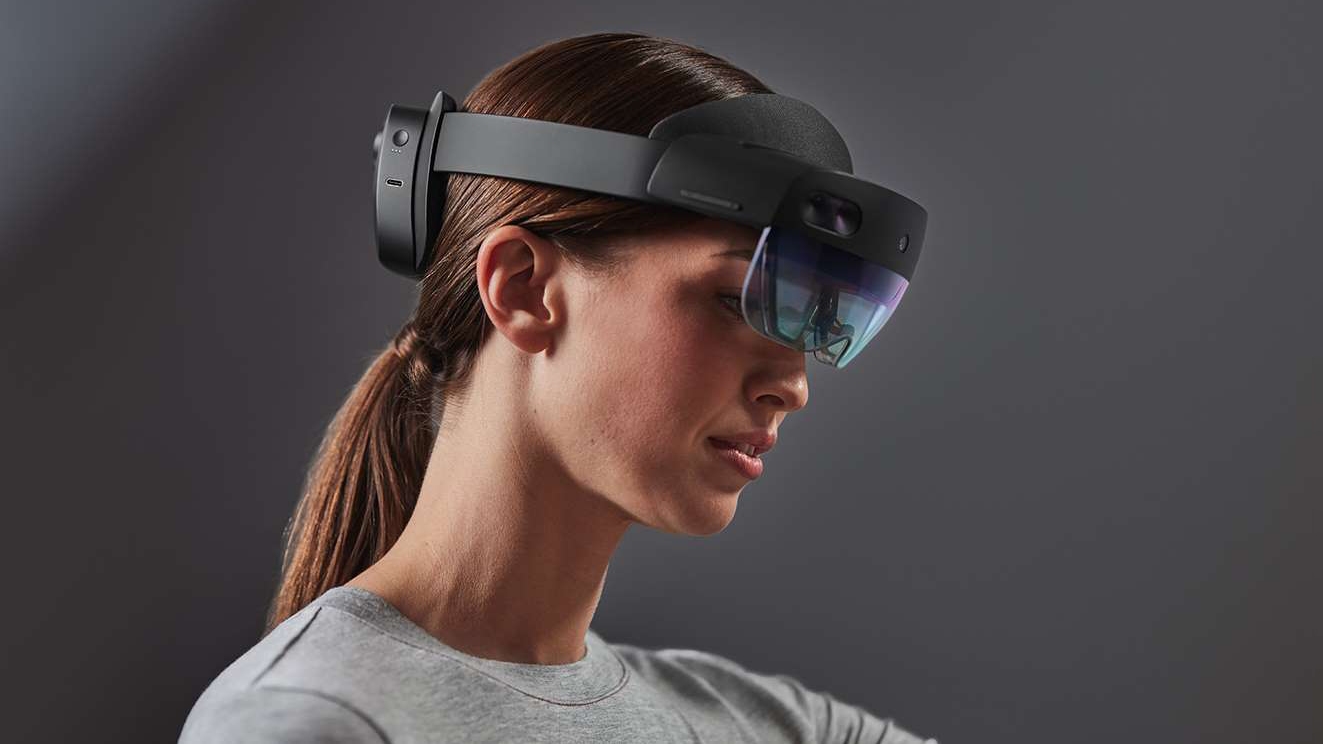Microsoft has eliminated Home windows Combined Actuality from Home windows 11.
With Home windows 11 24H2, the newest main model of Microsoft’s PC working system, you’ll be able to now not use a Home windows MR headset in any approach – not even on Steam.
This contains all of the Home windows MR headsets from Acer, Asus, Dell, HP, Lenovo, and Samsung, together with HP’s Reverb G2, launched in 2020.
UploadVR examined Home windows 11 24H2 with a Reverb G2 and located the above discover. Microsoft confirmed to UploadVR that that is an intentional removing when it initially introduced the transfer again in December.
In August 3.49% of SteamVR customers had been utilizing a Home windows MR headset, roughly 80,000 folks. In the event that they set up Home windows 11 24H2, their VR headset will successfully develop into a paperweight.
“Current Home windows Combined Actuality gadgets will proceed to work with Steam by means of November 2026, if customers stay on their present launched model of Home windows 11 (model 23H2) and don’t improve to this 12 months’s annual characteristic replace for Home windows 11 (model 24H2).”
The dying of Home windows MR headsets comes on the identical week Microsoft revealed that HoloLens 2 manufacturing has ended, and that software program help for the AR headset will finish after 2027.
Microsoft Is Discontinuing HoloLens 2 As Manufacturing Ends
HoloLens 2 manufacturing has ended, Microsoft confirmed to UploadVR, and software program help will finish after 2027.

Home windows MR By no means Actually Took Off
Regardless of the identify, all Home windows MR headsets had been really VR-only, and are appropriate with most SteamVR content material by way of Microsoft’s SteamVR driver.
The primary Home windows MR headsets arrived in late 2017 from Acer, Asus, Dell, HP, Lenovo, and Samsung, aiming to compete with the Oculus Rift and HTC Vive that had launched a 12 months earlier. They had been the primary shopper VR merchandise to ship inside-out positional monitoring, for each the headset and controllers.
All the unique Home windows MR OEMs besides Samsung used the identical low cost single-panel LCD design with fastened lenses, whereas the Samsung Odyssey had IPD adjustment and OLED panels – the identical OLED panels that may be featured in HTC Vive Professional and Oculus Quest a 12 months and a half later.
Despite the fact that the LCD headsets had been bought for as little as $200 at instances, and though Samsung provided (for the time) high-resolution OLED panels, Home windows MR headsets didn’t ever attain widespread adoption amongst PC VR players. On the Steam {Hardware} Survey Home windows MR peaked at round 10% of SteamVR utilization share in 2019, and now sits round 3.5%.
However why?
Home windows Will Assist Headsets With Various Enter, FOV, Decision and Body Price
Microsoft is trying to unify producers round utilizing Home windows to energy combined actuality headsets, with a plan to help HMDs that includes a variety of specs. Subsequent 12 months, Microsoft plans to help headsets from producers like Acer, ASUS, Dell, HP and Lenovo beginning at simply $300, and by the tip
For starters, the monitoring high quality left a lot to be desired. Whereas the Oculus Quest and most inside-out headsets since used 4 or extra spaced-out cameras for a large controller monitoring quantity, the Home windows MR headsets had simply two forward-facing cameras, severely limiting the vary of hand actions that could possibly be carried out. HP’s Reverb G2 added two further facet cameras, however by the point it launched in 2020 it was already too late for Microsoft’s platform.
One other main drawback was that the controllers weren’t significantly ergonomic, and felt as if designed to be as low cost as attainable. That was in stark distinction to Oculus Contact and Valve’s Index controllers, each beloved by most of their homeowners.
Basically, Microsoft and its companions failed to offer a compelling motive for folks to purchase the primary wave of Home windows MR headsets, and by the point HP arrived with Reverb and its 2K panels Meta’s standalone Oculus Quest line had already began to dominate the VR {hardware} market.
Quest headsets’ low value and talent to perform as each a standalone and wi-fi PC VR headset made them the popular selection for many consumers, regardless of being much less snug than headsets like Reverb and having decrease decision.
Lately Microsoft has shifted its XR focus to a software-based long run strategic partnership with Meta.
To this point that partnership has introduced Xbox Cloud Gaming and Workplace net apps to the Horizon OS of Quest headsets.
Quests Can Quickly Prolong Home windows Laptops By Simply Wanting At Them
Quest headsets will quickly have the ability to prolong Home windows 11 laptops by simply them, and with out putting in particular software program.
Quickly, it is going to additionally deliver computerized extension of Home windows 11 laptops by simply them, together with spawning completely digital further displays.
And earlier this 12 months Microsoft introduced Home windows Volumetric Apps, a brand new API for extending 3D parts of PC functions being streamed to Meta Quest into 3D house.
Microsoft Declares Home windows Volumetric Apps For Quest
Microsoft introduced Home windows Volumetric Apps, a brand new API for extending parts of PC functions, streamed to Meta Quest headsets, into 3D house.
